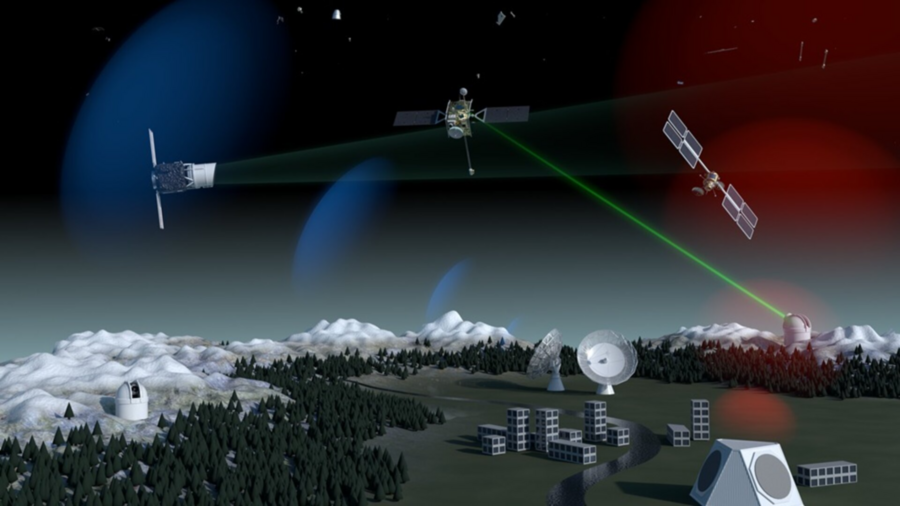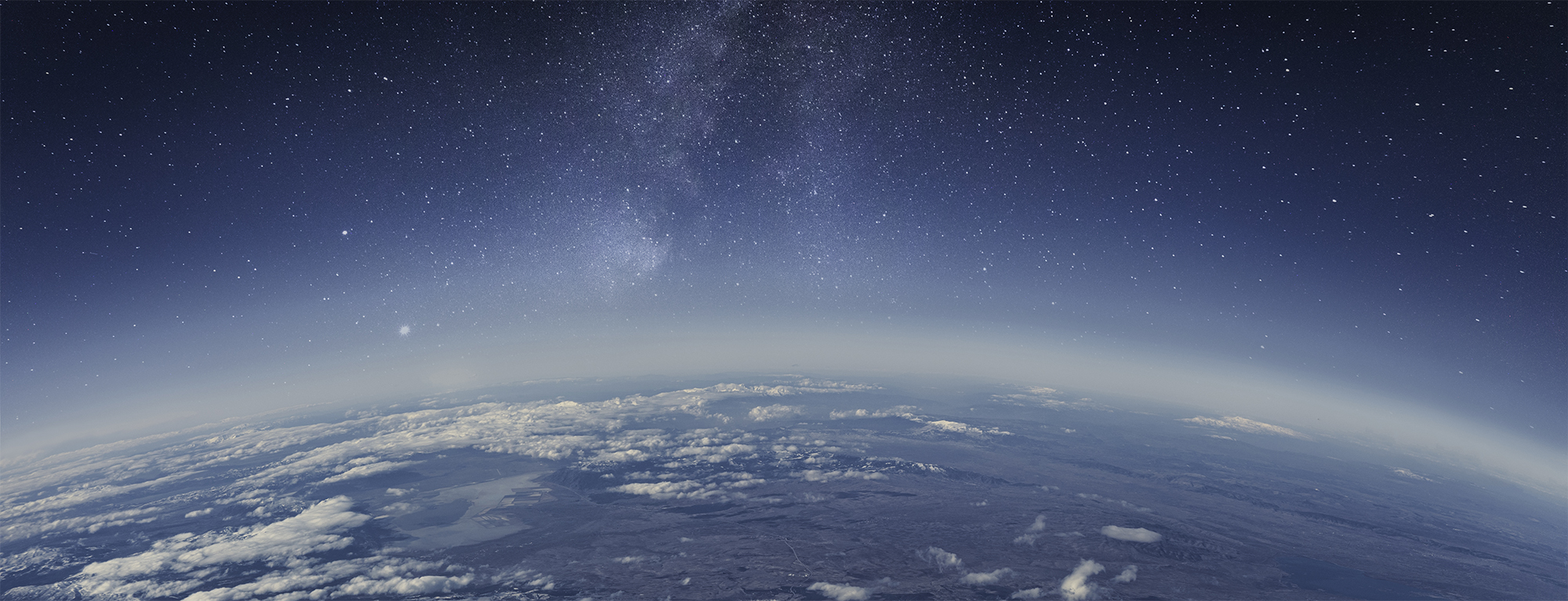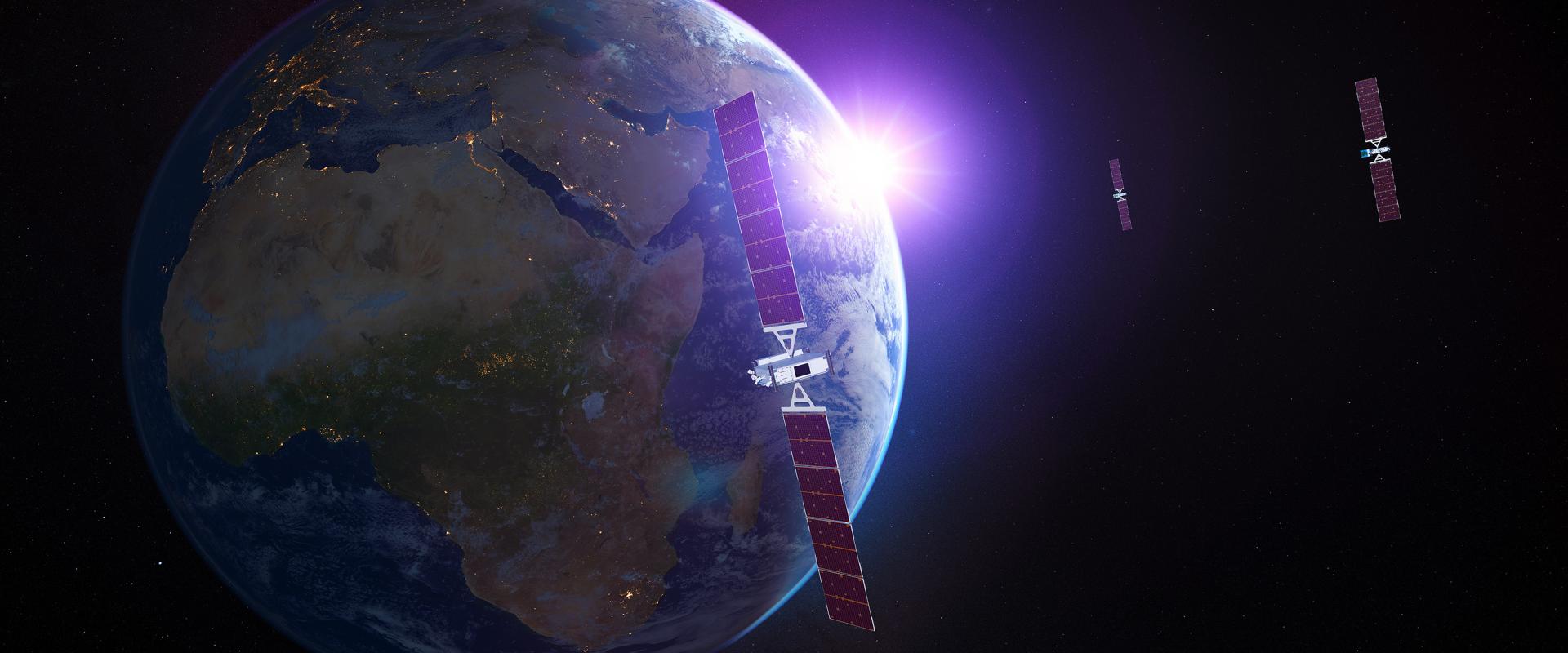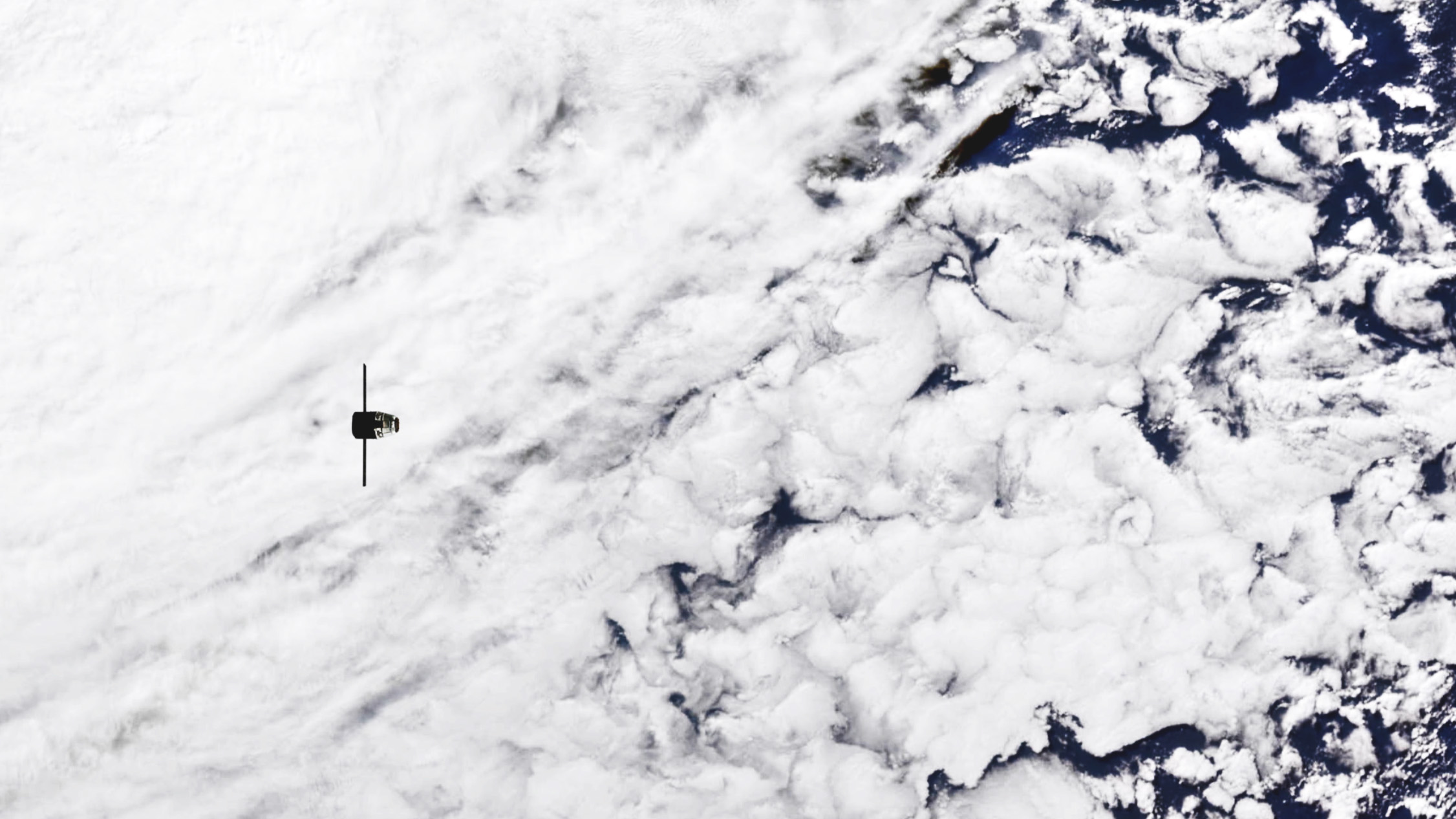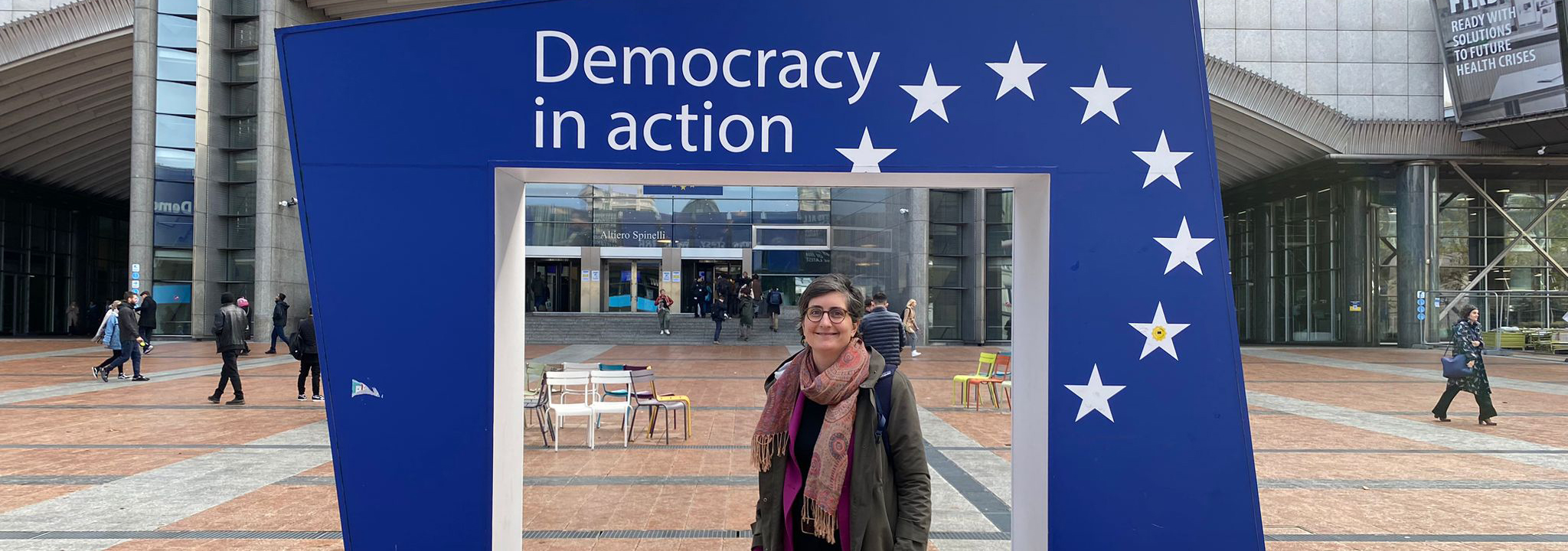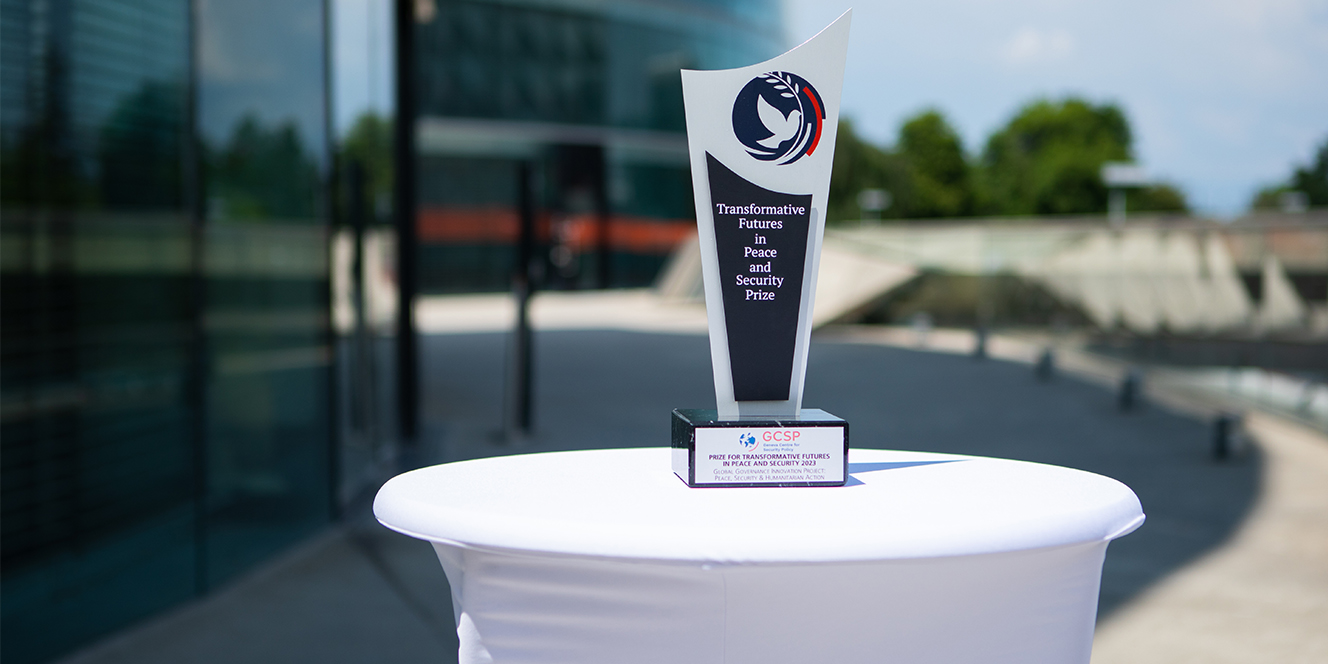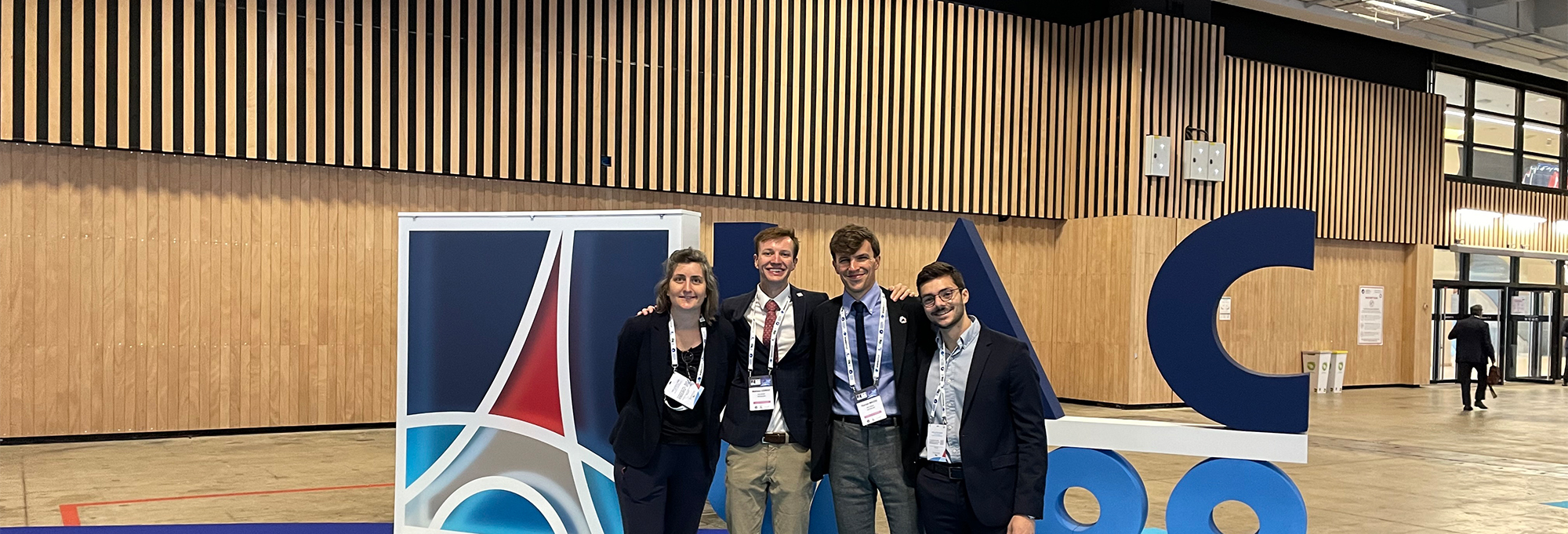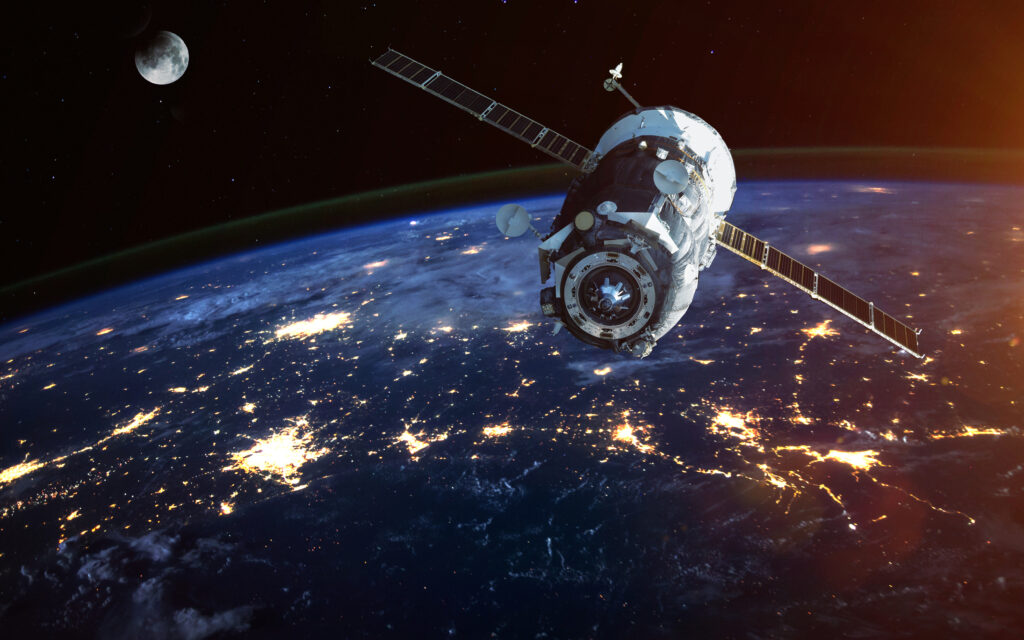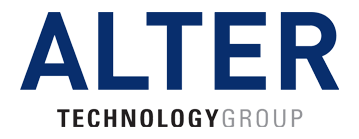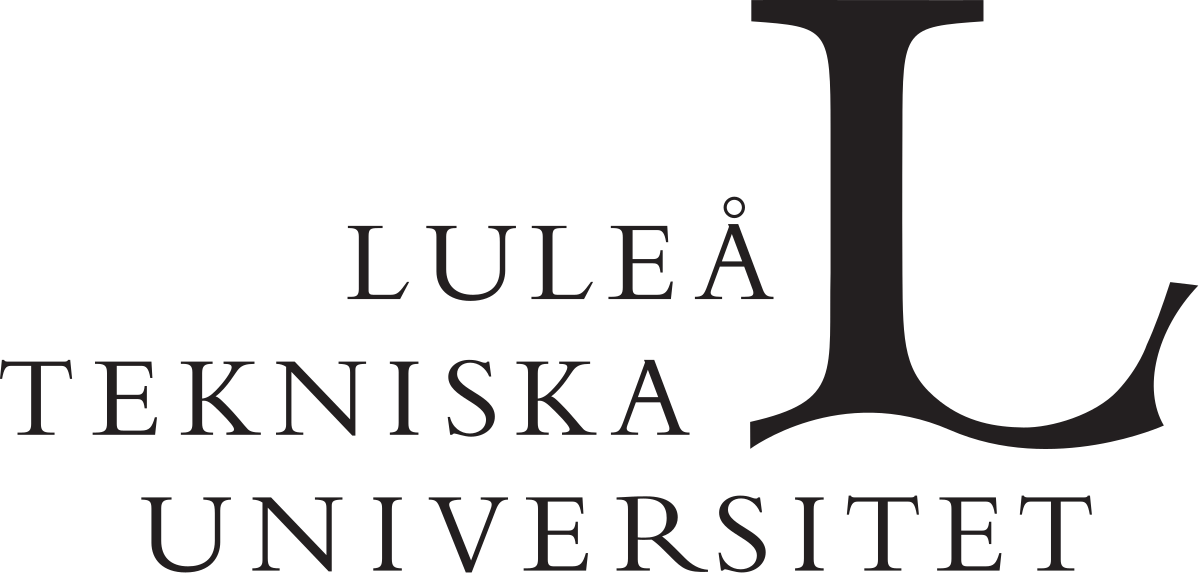Our mission is to encourage space actors to design & implement sustainable space missions and operations
Latest news
Space Sustainability Rating Awards OKAPI:Orbits Contract to Promote Responsible Behavior in Space
By Christina Vachou |
SES’s O3b mPOWER System Receives Platinum Space Sustainability Rating
By Jennifer Loaiciga & Upekha Yapa |
Space Sustainability Rating (SSR) Association Recognizes Eutelsat Group’s Platinum Rating
By Space Sustainability Rating |
Vice President of SSR addresses European Parliament on space sustainability
By Stephanie Parker |
Space Sustainability Rating wins 3rd place award from GCSP
By Space Sustainability Rating |
Paris Calling: eSpace goes to IAC2022
By Space Sustainability Rating |
Unlocking the potential of space for the UN SDGs
By Stephanie Parker |
A new rating for space sustainability
By Stephanie Parker |
The opportunities offered by the space economy can only be harnessed if we keep the space environment sustainable & safe in the long-term.
However, in the rapidly evolving space ecosystem, a shift is needed in how actors pursue sustainability and the ways in which sustainability practices are measured.
The space ecosystem has a critical role to play in protecting space for future generations.
By voluntarily engaging with the SSR, space actors will have an opportunity to demonstrate sustainability commitment & scorecard and help reduce the risk of space debris, on-orbit collisions, and unsustainable space operations.
The SSR will enable space actors to enhance the sustainability and safety of their missions through an incentive:

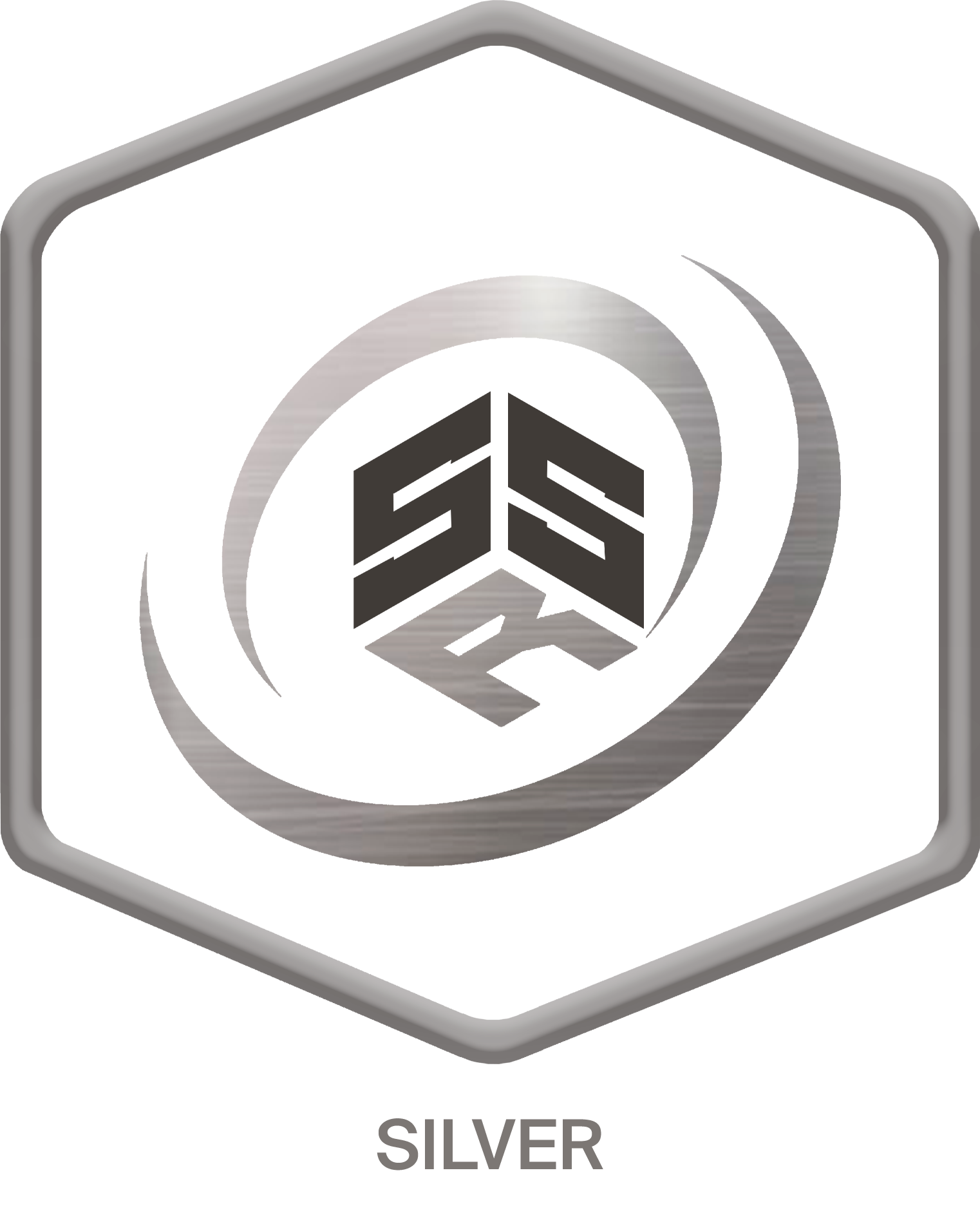

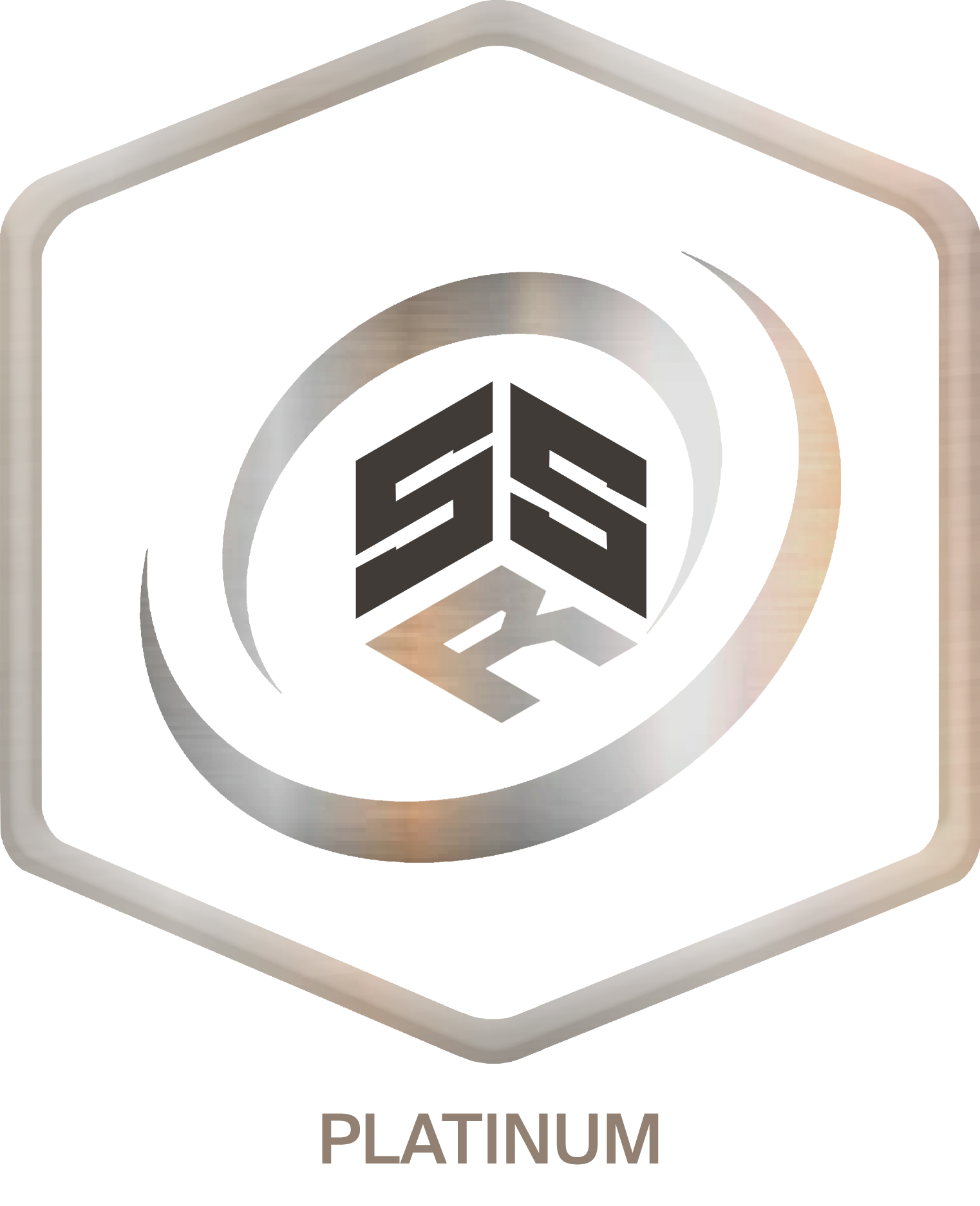
The SSR is designed as a composite indicator, aggregating and weighing 6 modules encompassing the various aspects of the mission design & operation - tested and fine-tuned with leading operators.
Explore them in details HERE.
our partners
The Space Sustainability Rating is a trail-blazing effort initiated by the World Economic Forum in 2016 and developed by a consortium involving the European Space Agency, the Massachusetts Institute of Technology, BryceTech and the University of Texas at Austin.
eSpace - EPFL Space Center has been selected in 2021 to drive implementation according to the vision of its ambassadors. As of 2023, the SSR is managed by an independent association.
All space actors are welcomed to join the SSR.
We are striving to assemble a community of forward-thinking actors to continuously enhance the rating system.
Ansys, Debris-X, the Nihon University, and Stellar have joined the SSR as Founding Members and early supporters of the SSR.
ALTER TECHNOLOGY, EnduroSat, Neuraspace, Privateer, the Secure World Foundation and Slingshot Aerospace have become Association Members.
Our members are instrumental in advancing the SSR and helping to achieve a joint ambition for space sustainability. Join them!
